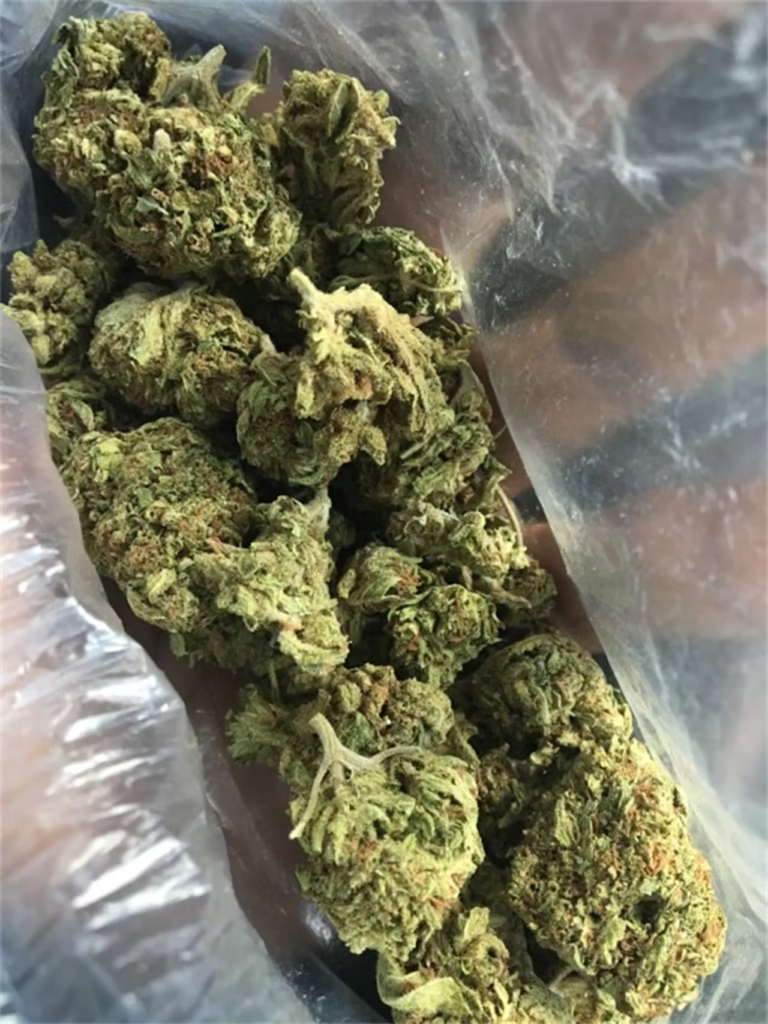Weeds in Denizli: Challenges and Opportunities in the Heart of Turkey

Denizli, a city located in southwestern Turkey, is known for its rich history, stunning landscapes, and economic vitality. Home to the famous Pamukkale hot springs and the ancient city of Laodicea, Denizli also boasts a thriving agricultural industry, with a particular focus on textiles and cotton farming. Despite its many attributes, the presence of weeds in Denizli poses both challenges and opportunities, especially in the context of urban growth, agriculture, and environmental sustainability.
Understanding Weeds in Denizli
The city’s agricultural areas, particularly those dedicated to cotton and other crops, are highly susceptible to weed growth. These plants, including dandelions, thistles, and wild grasses, compete with crops for nutrients, water, and sunlight. As a result, farmers in Denizli must constantly manage weed populations to protect their yields. However, in urban spaces, weeds tend to grow in more unexpected places, such as along sidewalks, in cracks in the pavement, and in neglected public parks.
The Impact of Weeds on Agriculture in Denizli
Agriculture plays a vital role in Denizli’s economy, with cotton being one of the most significant crops in the region. The presence of weeds in these agricultural fields presents a major challenge for local farmers. Weeds compete directly with crops, stealing essential resources such as water, nutrients, and sunlight. This competition reduces the overall productivity of the land and can lead to smaller harvests, resulting in financial losses for farmers.
Moreover, weeds in cotton fields are known to harbor pests and diseases, further complicating the situation for farmers. Weeds can act as reservoirs for insect pests, which then spread to the crops, leading to increased use of pesticides. This reliance on chemical interventions raises concerns about the environmental impact of modern farming practices and the sustainability of agricultural production in Denizli.
In response to these challenges, farmers are increasingly turning to more sustainable methods of weed management. These practices aim to maintain the health of the soil, reduce environmental harm, and control weed populations more effectively.
Weeds and Urban Spaces in Denizli
While agriculture is a major concern, the growth of weeds in urban spaces in Denizli presents its own set of challenges. Like many cities, Denizli is experiencing rapid urbanization, with new buildings, roads, and infrastructure projects transforming the landscape.
For city planners and municipal workers, managing weeds in urban spaces is an ongoing task. The presence of weeds in these areas can create aesthetic issues, making streets, parks, and public spaces look untidy or neglected. Additionally, if left unchecked, weeds can damage infrastructure, such as sidewalks or roads, by growing through cracks and causing further deterioration. The cost of removing these weeds and repairing damaged infrastructure can add a significant burden to city budgets.
However, weeds in urban spaces also offer unique opportunities for environmental sustainability. Some types of weeds, like dandelions and clover, can improve soil health by adding nutrients and promoting biodiversity.
The Role of Weeds in Environmental Sustainability
Weeds, though often viewed negatively, can have significant ecological benefits that are worth considering in Denizli’s environmental planning. Weeds are natural survivors, able to grow in challenging environments where other plants may struggle. In this sense, they can be seen as part of nature’s resilience in the face of human development.
One of the key benefits of weeds in Denizli’s rural and urban landscapes is their ability to support biodiversity. Many common weeds, such as wildflowers, serve as food sources for insects, birds, and small mammals. This is particularly important in urban areas where green spaces are limited. In addition, weeds can provide vital habitats for pollinators, which are essential for maintaining agricultural production and overall ecosystem health.
Moreover, weeds can help prevent soil erosion, especially in rural and agricultural areas.
Managing Weeds in Denizli: A Balanced Approach
As Denizli continues to grow and evolve, finding a balanced approach to managing weeds will be crucial.
For agriculture, the focus should be on adopting sustainable farming practices that reduce the reliance on chemical herbicides and pesticides.
In urban areas, local authorities can consider a more holistic approach to weed management. Additionally, incorporating native plants and reducing the use of synthetic chemicals can help improve the ecological health of the city.
Conclusion
Weeds in Denizli, while often seen as nuisances, play a significant role in the region’s agricultural and urban landscapes. They present challenges, particularly for farmers and urban planners, but also offer valuable environmental benefits.
You’re the best when it comes to marijuana products , always taking care of me. Definitely recommending you to my friends. Thanks for the quick delivery .Really happy with the product .As usual, it’s top-notch. Keep it up you. you can contact them on email Scenthub43@gmail.com and also there Telegram : https://t.me/Scenthub43
wow Thanks for the referral they have great service and got the best weed around. and the delivery is so smooth

Thanks for always being reliable! I can always count on you for good product.
You’re the go-to in the area for a reason. Always a smooth experience